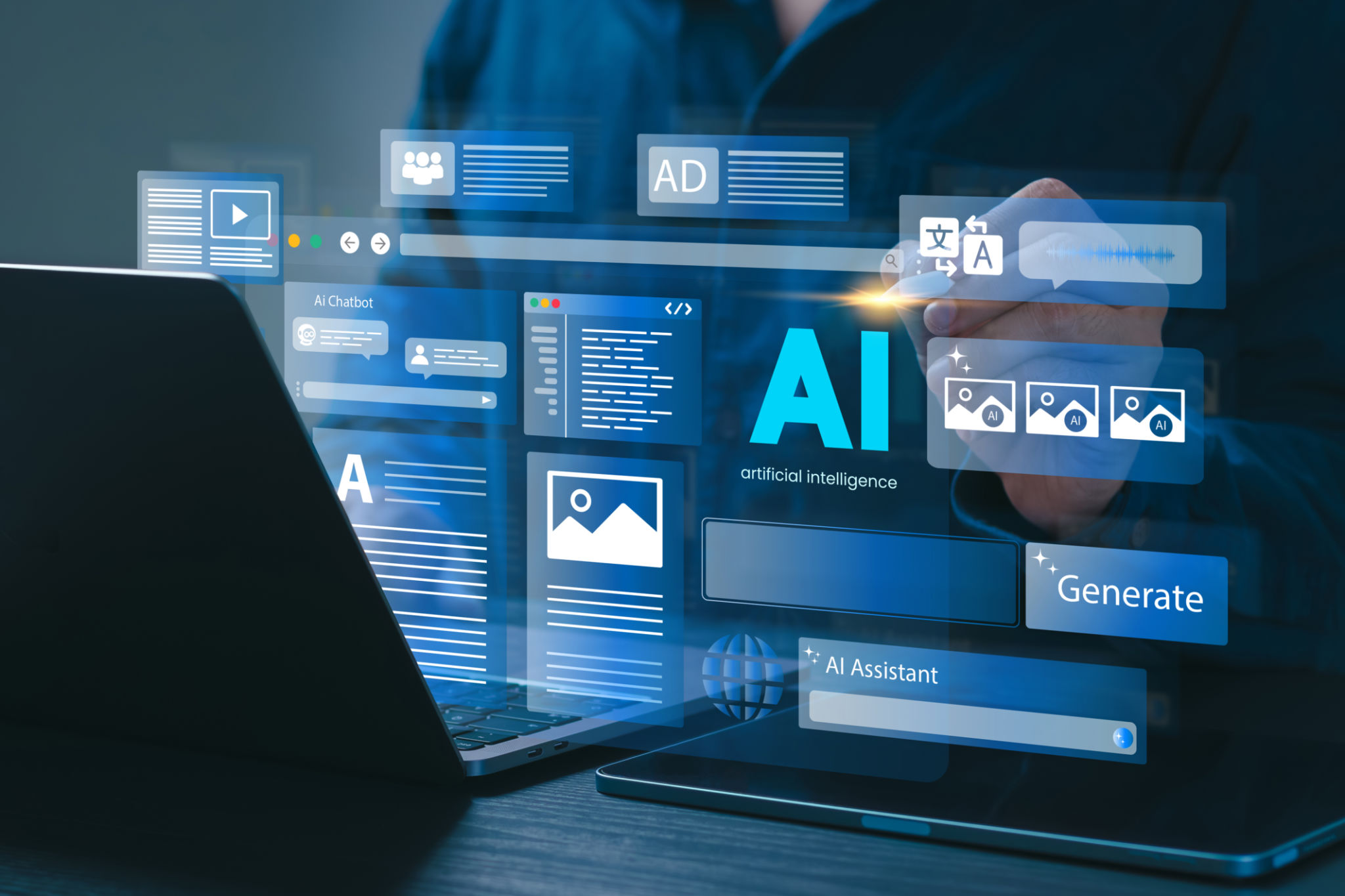AI Trends Impacting Small Businesses: What to Expect
The Impact of AI on Small Businesses
Artificial Intelligence (AI) is no longer a futuristic concept but a present-day reality that is reshaping the business landscape. For small businesses, understanding and leveraging AI trends can be a game-changer. With the right strategies, AI can help small businesses compete with larger counterparts by optimizing operations, enhancing customer experiences, and driving innovation.

AI-Driven Customer Service
One of the most visible impacts of AI in small businesses is in customer service. AI-powered chatbots and virtual assistants are becoming increasingly common, allowing businesses to offer 24/7 support without the need for a large customer service team. These tools can handle inquiries, resolve issues, and even process transactions, providing a seamless experience for customers.
Moreover, AI can help personalize the customer experience by analyzing data and offering tailored recommendations. This level of customization was once only available to large enterprises but is now accessible to small businesses thanks to affordable AI solutions.
Streamlining Operations with AI
AI offers small businesses the opportunity to streamline their operations by automating routine tasks. From managing inventory to processing payroll, AI systems can help reduce the time and cost associated with manual processes. This allows business owners to focus more on strategic activities that can drive growth.

In addition to automation, AI provides valuable insights through data analytics. By analyzing patterns and trends, AI can help businesses make informed decisions about everything from product development to marketing strategies.
AI in Marketing and Sales
Marketing is another area where AI is making significant inroads. AI-powered tools can analyze consumer behavior and predict trends, allowing businesses to tailor their marketing efforts more effectively. From targeted advertising to email marketing campaigns, AI enables small businesses to reach their audience with precision.
Sales processes are also benefiting from AI. Tools that offer lead scoring and predictive analytics can help sales teams focus on prospects most likely to convert, enhancing efficiency and closing rates.

Challenges and Considerations
While the benefits of AI are substantial, small businesses must also consider the challenges associated with its implementation. Cost can be a barrier, although many AI solutions are becoming more affordable. Additionally, integrating new technologies requires time and training for employees, which can be daunting for smaller teams.
Data privacy is another critical concern. Businesses must ensure they handle customer data responsibly and comply with regulations such as GDPR or CCPA to maintain trust and avoid legal issues.
The Future of AI in Small Business
As AI technology continues to evolve, it will likely become even more integrated into the fabric of small businesses. Future trends may include more sophisticated AI-driven analytics, natural language processing advancements, and even greater automation capabilities.
The key for small businesses is to stay informed about these trends and be proactive in adopting technologies that align with their goals. By doing so, they can harness the power of AI to remain competitive and thrive in an increasingly digital marketplace.

